Home for All by Ros Bayes
Where is home for people who have some form of disability? Ros Bayes answers this question as she shares a moving example of finding a home for her daughter. Her thoughts resonated with me, especially as my brother makes his home with other residents who face physical challenges.
When I think of home, I think of a place where the paid staff love the residents as if they were family, not clients.
We embarked on a slow process of detaching our daughter from home when she was still quite young. She has multiple disabilities including quadriparetic cerebral palsy, autism and partial sight. She has a normal life expectancy, and so we knew that, in the normal course of events, she would one day have to adjust to life without us and that she needed a very gradual preparation.
From age twelve she went to a specialist boarding school for disabled children, but came home from Friday evening to Monday morning each week. I cried when the matron phoned home to tell me all they had been doing with and for her, feeling that someone else was filling my place in her life, even while knowing this signified that we had found what we were seeking – a place where she would be truly loved.
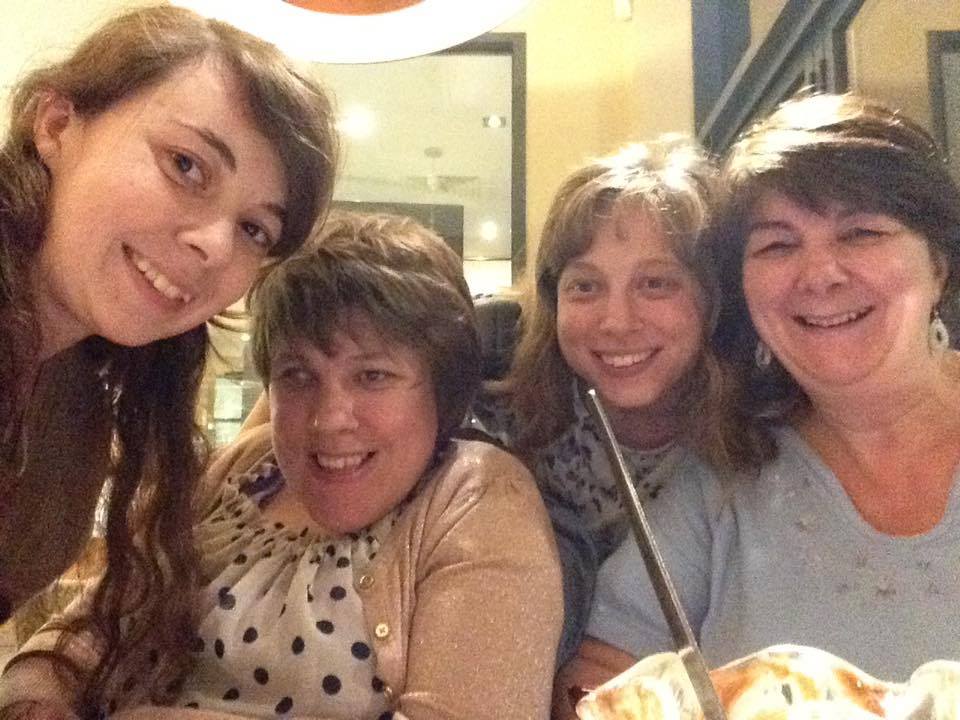 In the lower sixth form she came home alternate weekends, and in the upper sixth form, one weekend a month. She left school at nineteen and spent the next three years at a specialist college for disabled students, away all term time. As the time approached for her to leave college I gave God a “shopping list” of what I wanted for her forever home. It had to be in our town – I didn’t want her sent far away. It had to be a small home – she wouldn’t cope in a large environment with lots of residents. And it had to be with young people of her own age. I knew I was asking the impossible – no such facility existed in our town. And then God did the impossible – a fantastic care company moved into town, bought a six-bedroom house and turned it into a small care home for young disabled people. Our daughter was the first person to move in.
In the lower sixth form she came home alternate weekends, and in the upper sixth form, one weekend a month. She left school at nineteen and spent the next three years at a specialist college for disabled students, away all term time. As the time approached for her to leave college I gave God a “shopping list” of what I wanted for her forever home. It had to be in our town – I didn’t want her sent far away. It had to be a small home – she wouldn’t cope in a large environment with lots of residents. And it had to be with young people of her own age. I knew I was asking the impossible – no such facility existed in our town. And then God did the impossible – a fantastic care company moved into town, bought a six-bedroom house and turned it into a small care home for young disabled people. Our daughter was the first person to move in.
Even though I knew it was right and best for her, I dreaded the day she would finally leave home. But after she had settled in there, I began to discover that something wonderful had happened. I had switched back from being her carer to being her mum. It was no longer my job to change incontinence pads, shower her and administer her medication. Others now took on that role, while I resumed having her round to lunch every Sunday with her sisters, taking her to the cinema, bowling, shopping and out for lunch, even family holidays and weekends away. All the fun stuff and (except on holiday) none of the things you don’t normally do for your adult children.
My daughter’s home is just a five minutes’ drive from my home; this summer marks her tenth anniversary there, and as time has gone on she has made great strides. She has coped with the grief of losing her father, with seeing her baby sister grow up, go to university, graduate and come home again. She has progressed from refusing to allow new staff into her bedroom for at least their first three months, to being involved in the interview and selection process for new staff. And I know that when I’m no longer around, she will still be happy and secure, growing old with her fellow-residents. Truly “He sets the lonely in families”.
R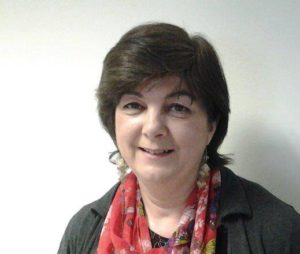 os Bayes has 8 published and 4 self-published books, as well as some 3 dozen magazine articles. She is the mother of 3 daughters, one of whom has multiple complex disabilities, and she currently works for Through the Roof as their Training Resources Developer, and loves getting paid to write about disability all day. You can find her at her blog and at her author page. Follow her on Twitter at @rosbwriting.
os Bayes has 8 published and 4 self-published books, as well as some 3 dozen magazine articles. She is the mother of 3 daughters, one of whom has multiple complex disabilities, and she currently works for Through the Roof as their Training Resources Developer, and loves getting paid to write about disability all day. You can find her at her blog and at her author page. Follow her on Twitter at @rosbwriting.

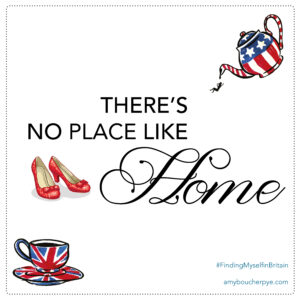




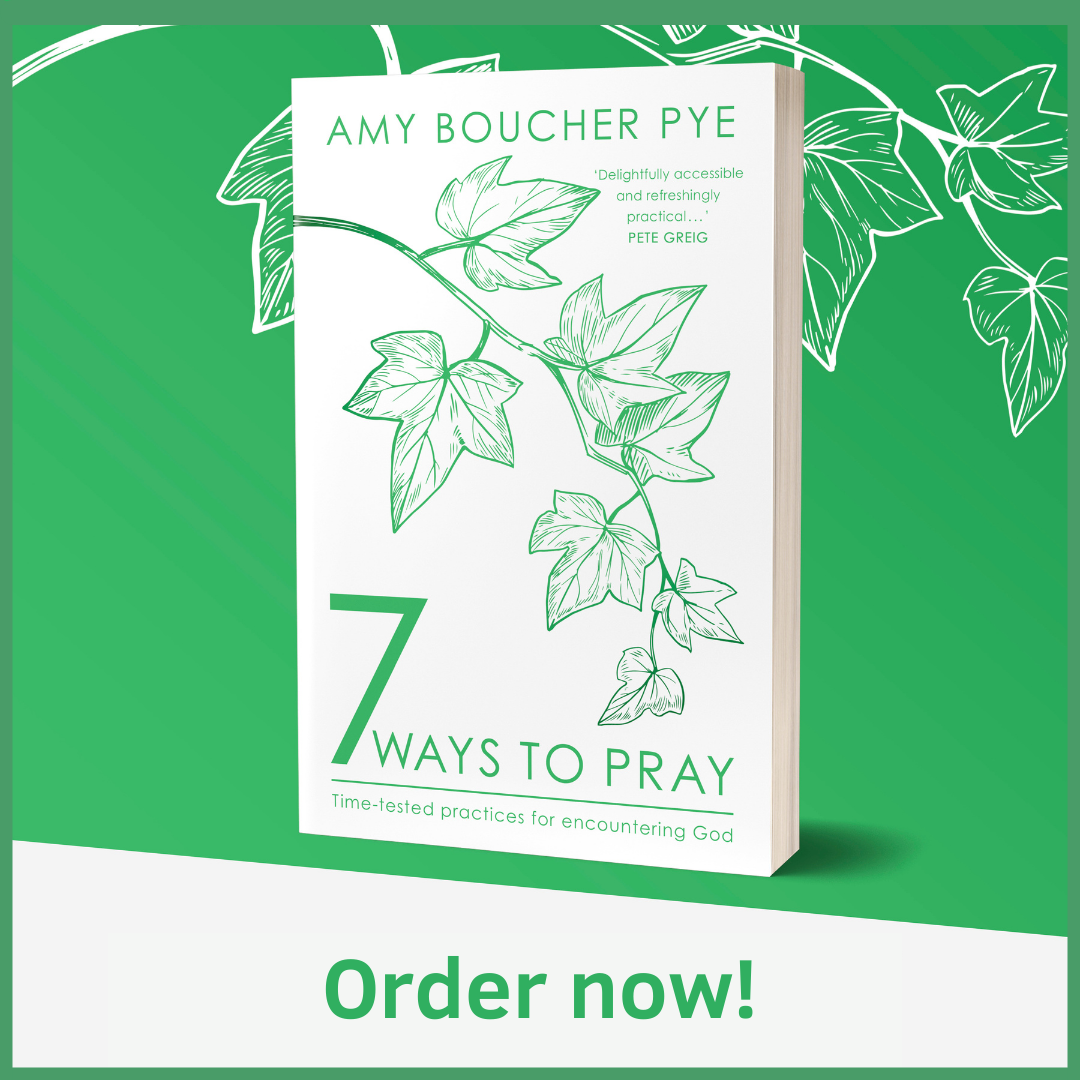
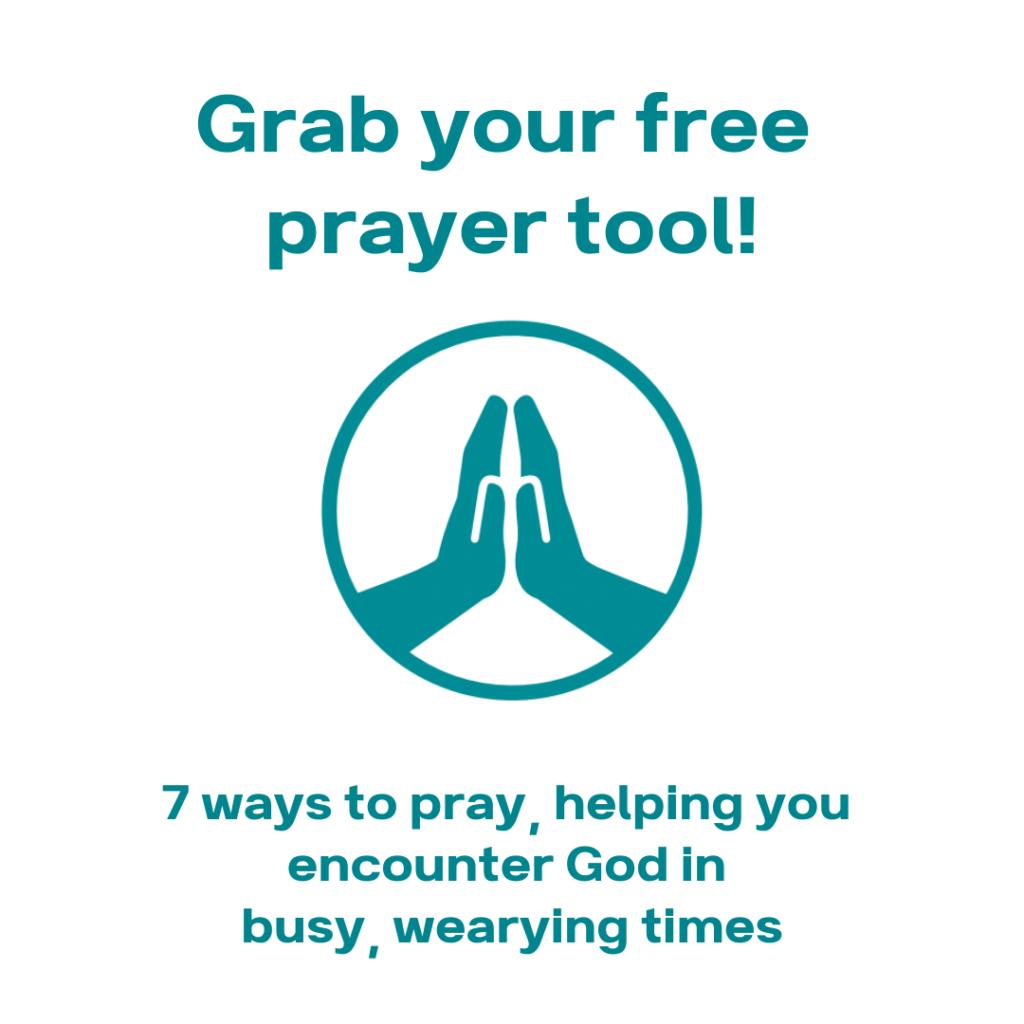
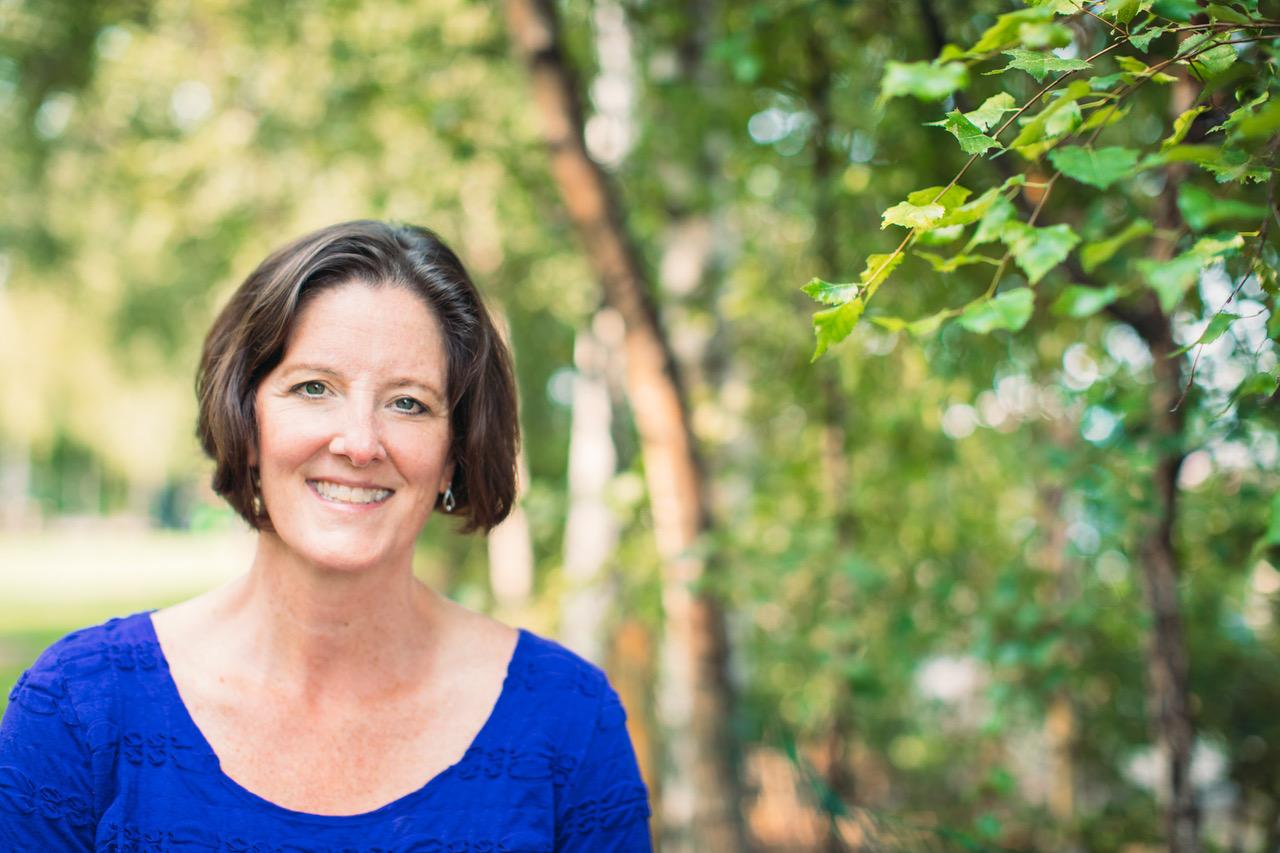 Hello!
Hello! 